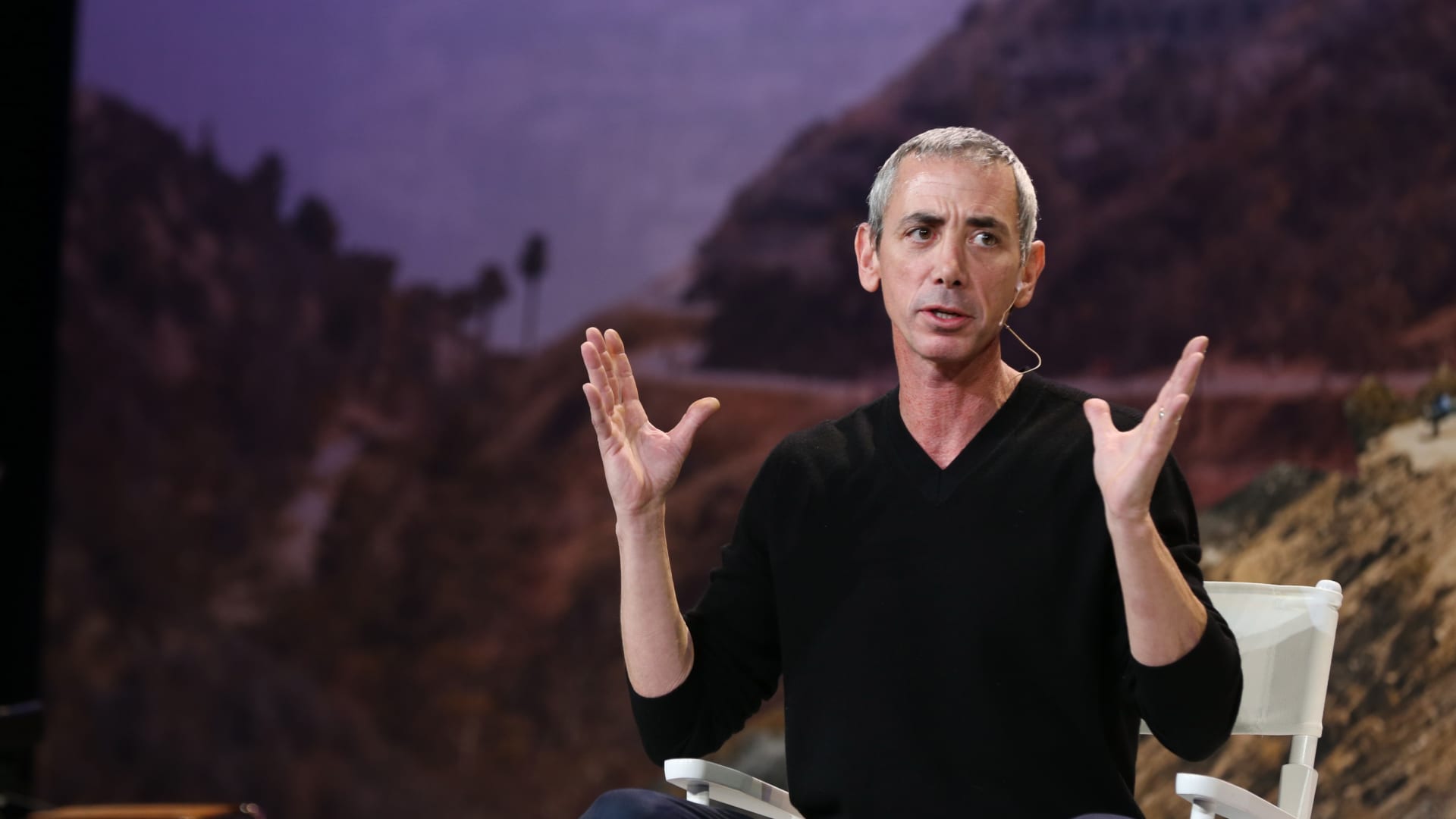
"Flow," a term first coined in the '70s and often associated with athletes, is "an optimal state of consciousness where we feel our best and perform our best," according to peak performance expert Steven Kotler. When top athletes experience flow, for instance, many say they feel a sense of oneness with whatever task they are doing and are not worried about failure or other distractions, according to research on the topic.
But the truth is, anyone can achieve flow, according to Kotler, author of "The Art of Impossible," a how-to manual for peak performance, and founder and executive director of the Flow Research Collective. It just takes some planning and structure — especially when working from home, he says.

"One of the ways the brain keeps us going day-to-day is that we can declare victory [on things like]...'Oh, I made it through work. Check. I'm going home now,'" Kotler says. But with WFH, that has been lost.
Here are Kotler's top tips to find flow, even while working from home.
Make a 'clear goals' list
"The most important thing to do" to find flow is to create a "clear goals" list for the day, says Kotler. Write your list at the end of the day for the following day, and order the list starting with the most difficult and most rewarding tasks to least difficult.
Money Report
By creating clear goals you wake up with a focused idea of what you want to accomplish. The list should include everything from workouts to work projects to mindfulness breaks.
Clear goals help trigger flow by lowering one's cognitive load, says Kotler, "thus liberating extra energy, which we can repurpose for focus."
90 to 120 minutes of uninterrupted concentration
Flow has certain triggers, according to Kotler, and one of those is complete concentration. So to find flow, it's important to start your day with the most important and most difficult tasks on your list and to spend at least an hour and a half of uninterrupted time on those tasks, he says.
That means turning off all your devices and solely focusing on what is in front of you.
"What the science shows, if you can, you should start your day or your work period with 90 minute blocks of concentration, if you want to maximize flow," Kotler says. (The sweet spot ranges from 90 to 120 minutes chunks, he says.)
"In the same way there's a REM cycle that's 90 minutes long, there's a waking focused cycle that's 90 minutes long," he says, referring to the cycle of sleep were most of dreaming occurs.
Kotler also encourages people to pick one of their strengths to apply in a different way during this 90- to 120-minute concentration block to further boost flow. For example, if visual creativity is one of your strengths, expand your creativity by doing some writing too.
"Over time, this constant pushing on yourself and your skills will result in both an astounding amount of grit and, even better, the habit of ferocity," which Kotler describes as drive, creativity, appetite for risk and social intelligence in "The Art of Impossible."
Come back to the present moment
Kotler suggests scheduling at least five minutes a day for a daily gratitude practice and 20 minutes for mindfulness.
Each one of these things drives attention into the present moment, which helps create concentration and, in turn, flow.
Check off all completed items on your list
People need a sense of "victory," especially when working from home, to make them feel like they have accomplished something, Kotler says. So it's important to literally check off the items on your clear goals list that you complete each day.
When everything is checked off, realize your work is done and it's time to celebrate and relax.
"It's important to understand that's the end of the day. You won. You can declare victory and chill," Kotler says.
Don't miss:
4 tips on how to stay focused, from a chess grandmaster
Stanford scientist: 12 tiny habits that will instantly make you more productive
The best credit cards for building credit of 2021






